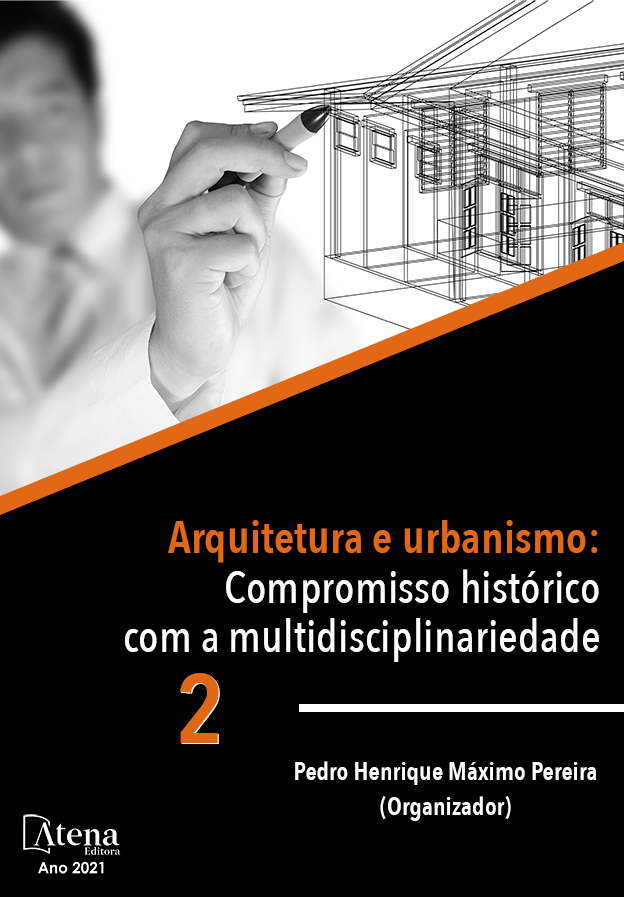
CONDIÇÕES SÓCIO HISTÓRICAS DE EXCLUSÃO TERRITORIAL E DESIGUALDADE DE OPORTUNIDADES URBANAS EM CIDADES BRASILEIRAS
Grandes cidades são a pedra fundamental do capitalismo e, portanto, lugares exemplares para a apreciação de suas contradições e desigualdades sociais e territoriais; onde grande riqueza acumulada e grande pobreza difusa crescem lado a lado. Condições urbanas tais como segregação, miséria e degradação são características fundamentais e persistentes na urbanização de países em desenvolvimento. No Brasil, tais elementos traduzem-se concretamente na proliferação de assentamentos informais, popularmente conhecidos como favelas, uma precária solução de moradia para a grande parcela da população. Reconhecendo o direito à habitação e o direito de fixação da população nos locais onde residem, e tendo em vista o tema da urbanização de favelas como instrumento de transformação social, o presente texto busca ampliar a compreensão sobre as condições sócio históricas de exclusão territorial e desigualdade de oportunidades urbanas, que definem as grandes cidades brasileiras. Evidencia as complexas variáveis implicadas no planejamento urbano, bem como a necessidade de compreensão dos seus sistemas de infraestrutura e desigualdade.
CONDIÇÕES SÓCIO HISTÓRICAS DE EXCLUSÃO TERRITORIAL E DESIGUALDADE DE OPORTUNIDADES URBANAS EM CIDADES BRASILEIRAS
-
DOI: 10.22533/at.ed.2942104109
-
Palavras-chave: Cidade; Segregação; Urbanização; Assentamentos informais.
-
Keywords: City; Segregation; Urbanization; Informal Settlements.
-
Abstract:
Big cities are the cornerstone of capitalismand therefore exemplary places forthe appreciation of its social and territorial contradictionsand inequalities; where greataccumulated wealth and great diffuse poverty growside by side. Urban conditions such assegregation, misery and degradation are fundamentaland persistent characteristics ofurbanisation in developing countries. In Brazil, suchelements translate concretely into theproliferation of informal settlements, popularly knownas favelas, a precarious housingsolution for a large portion of the population. Recognisingthe right to housing and the right ofthe population to settle in the places where theylive, and taking into account the issue ofslum upgrading as an instrument of social transformation,this text seeks to broaden theunderstanding of the socio-historical conditions ofterritorial exclusion and inequality of urbanopportunities that define the large Brazilian cities.It highlights the complex variables involvedin urban planning, as well as the need to understandits infrastructure and inequalitysystems.
-
Número de páginas: 15
- Lilian Masumie Nakashima
- Maysa Leal De Oliveira
- Isabela Casalecchi Bertoni


